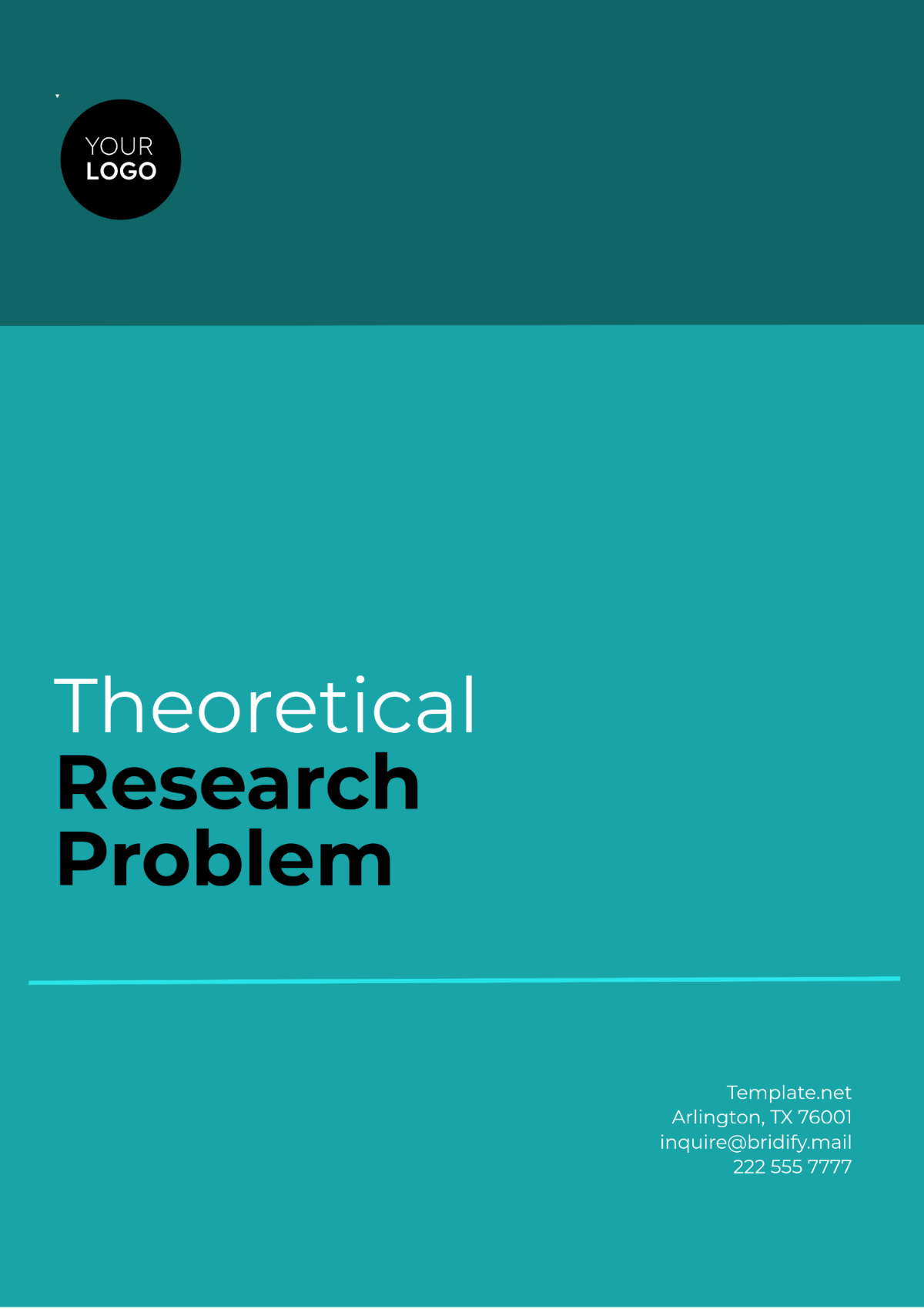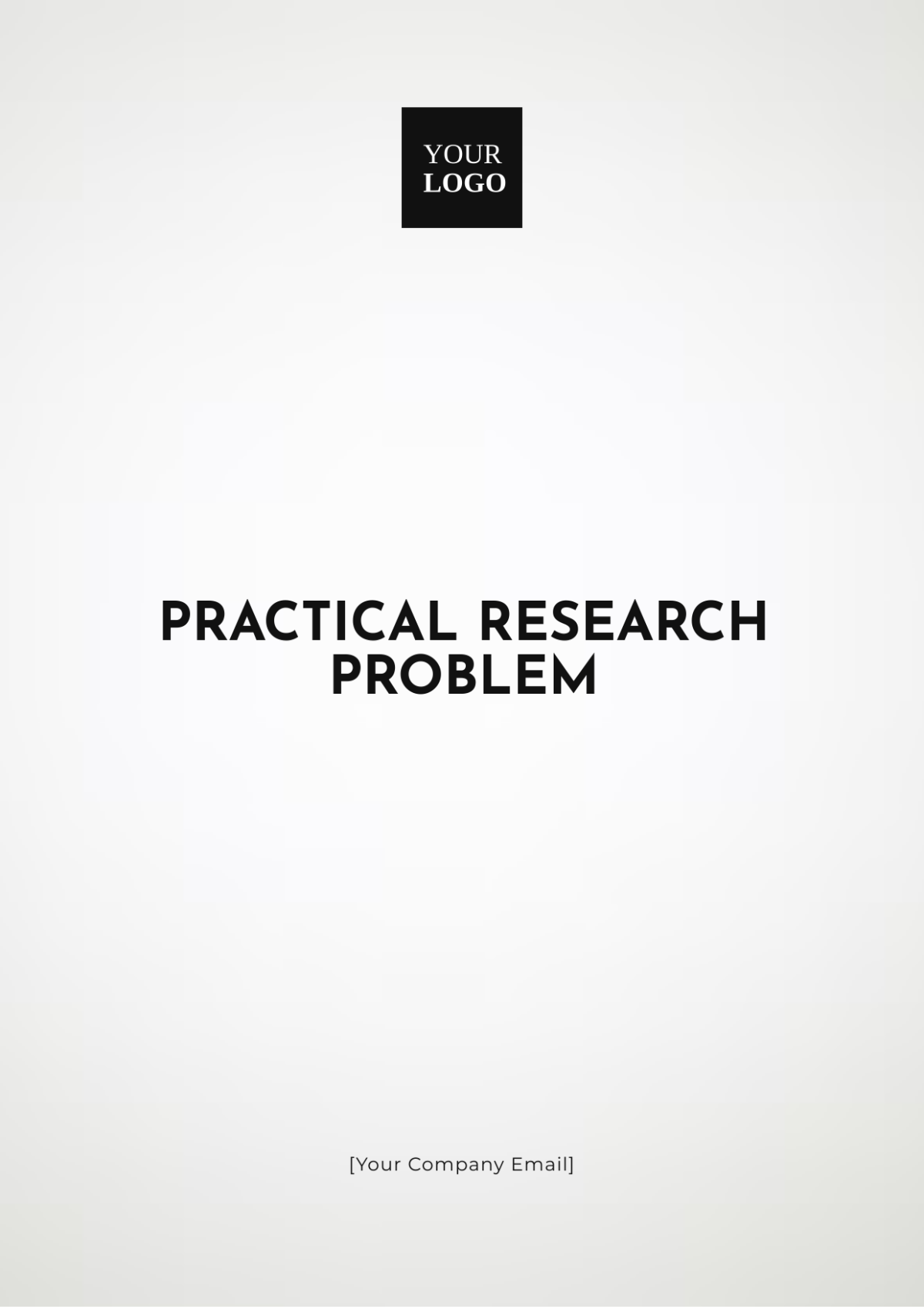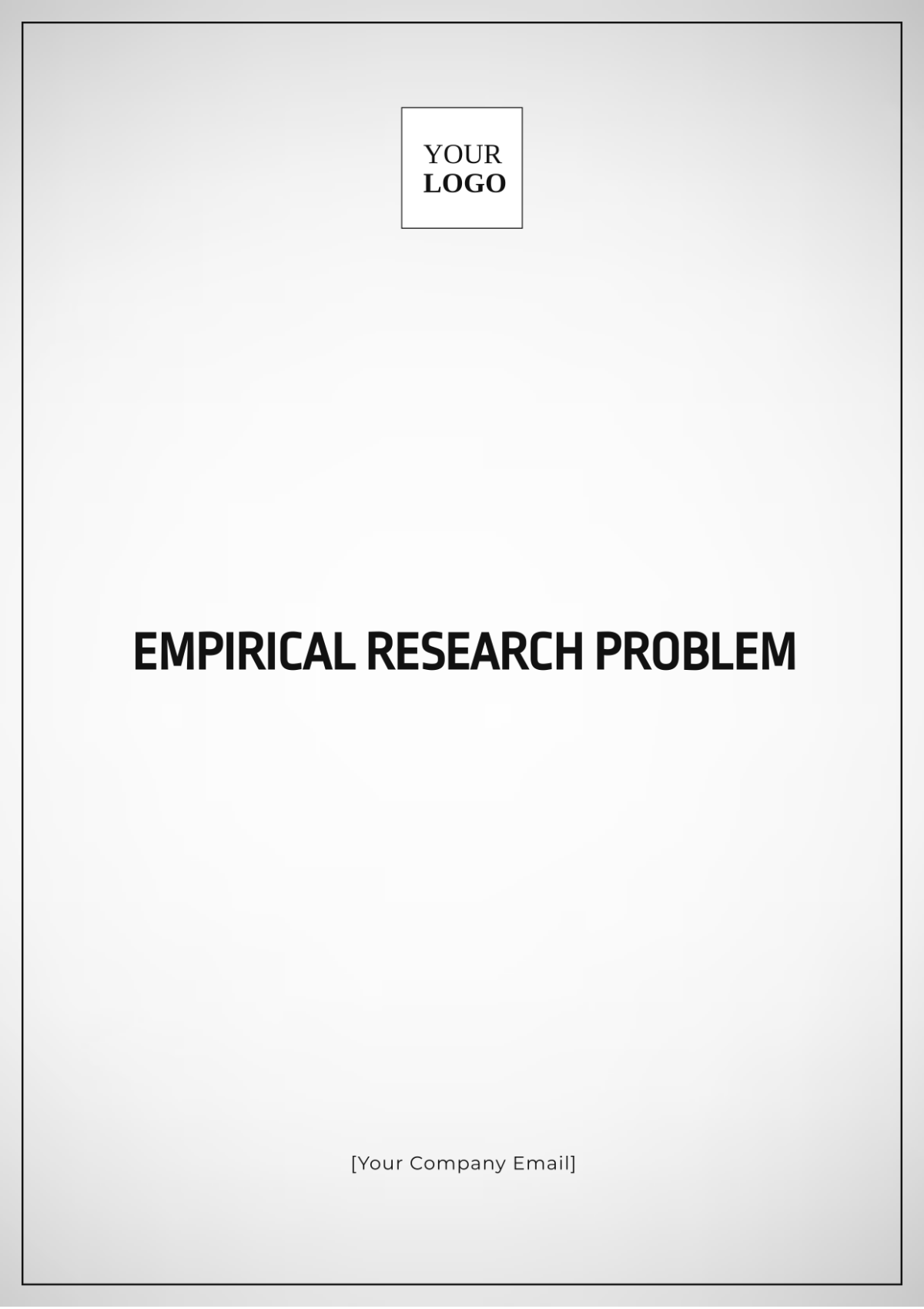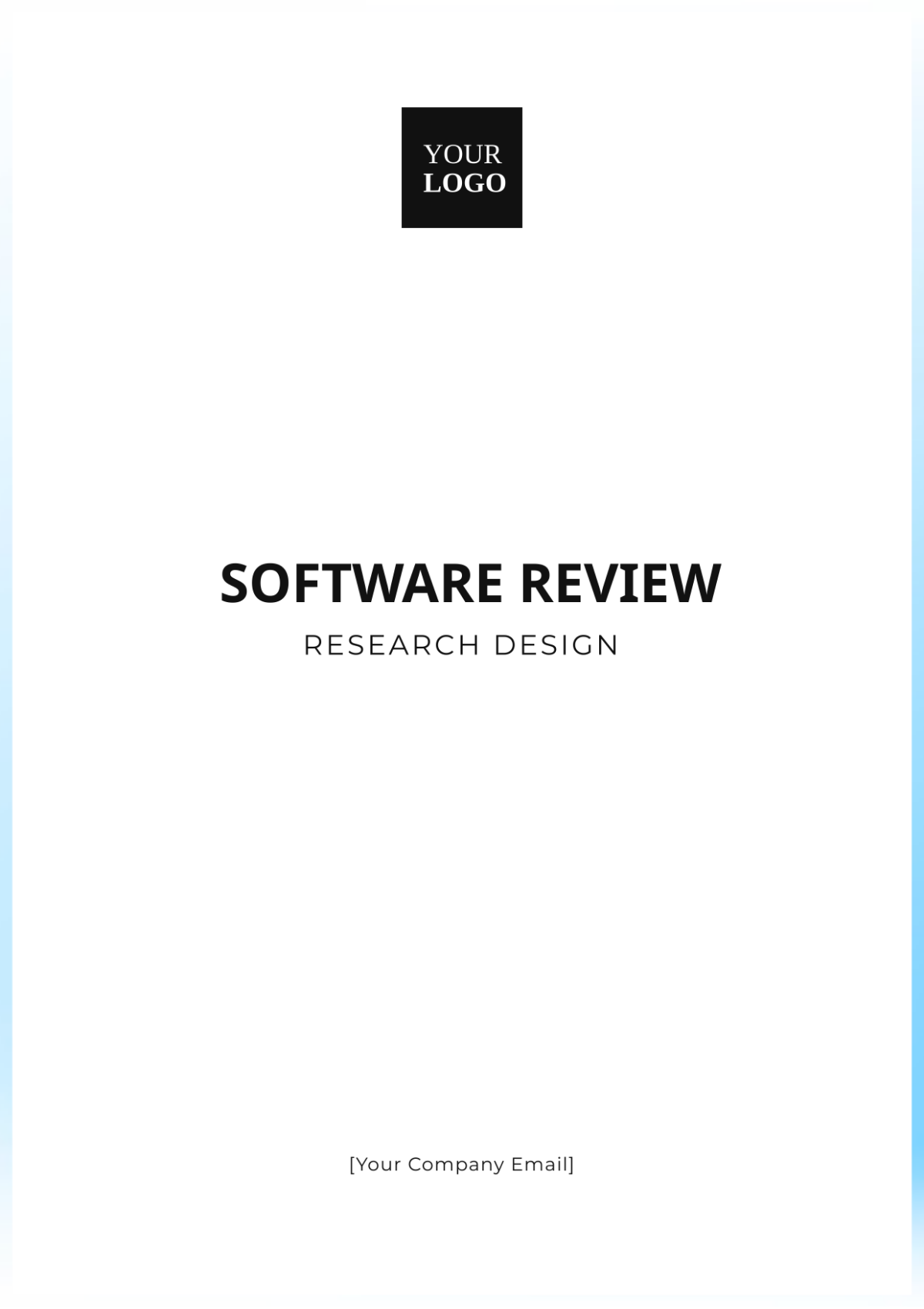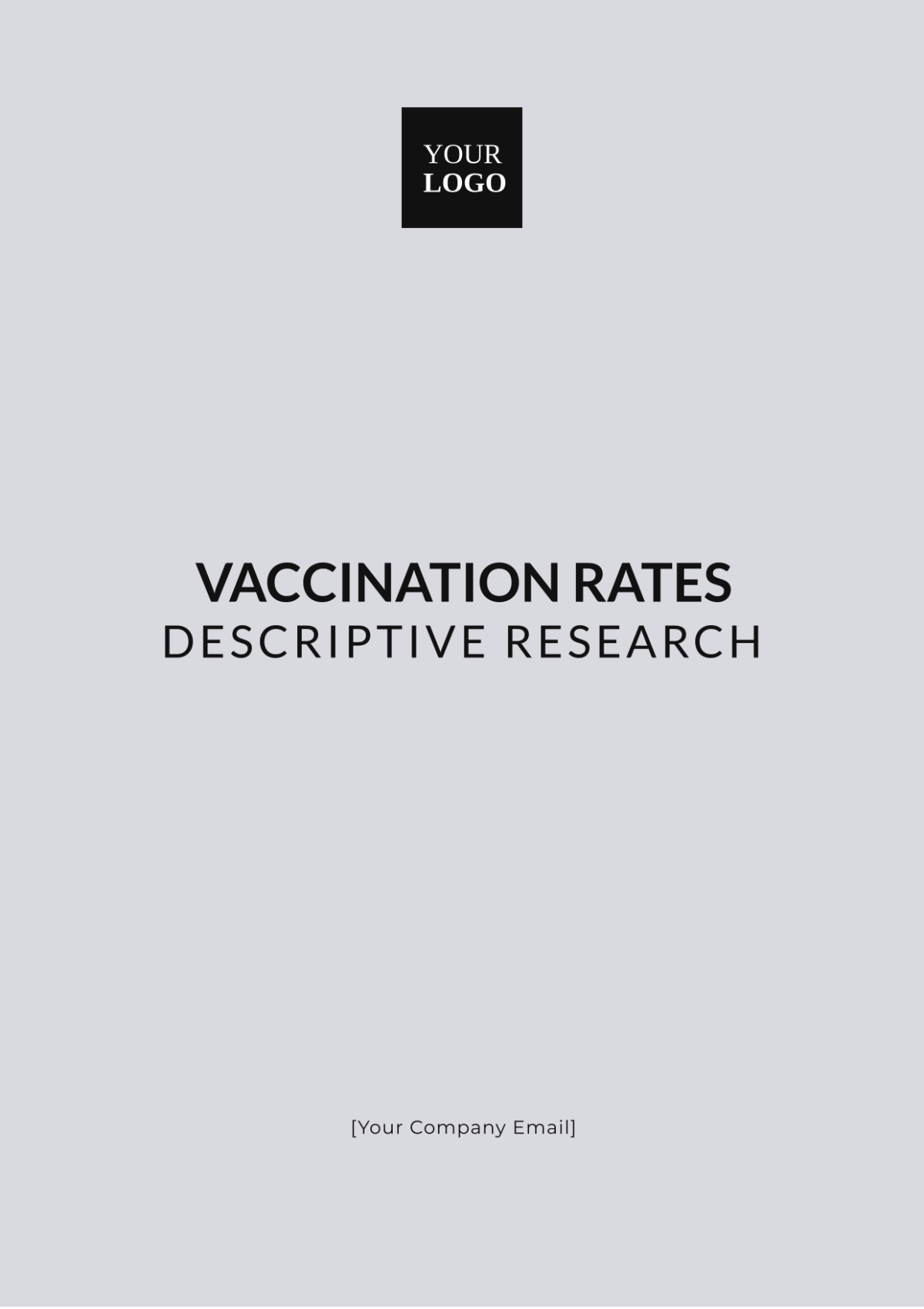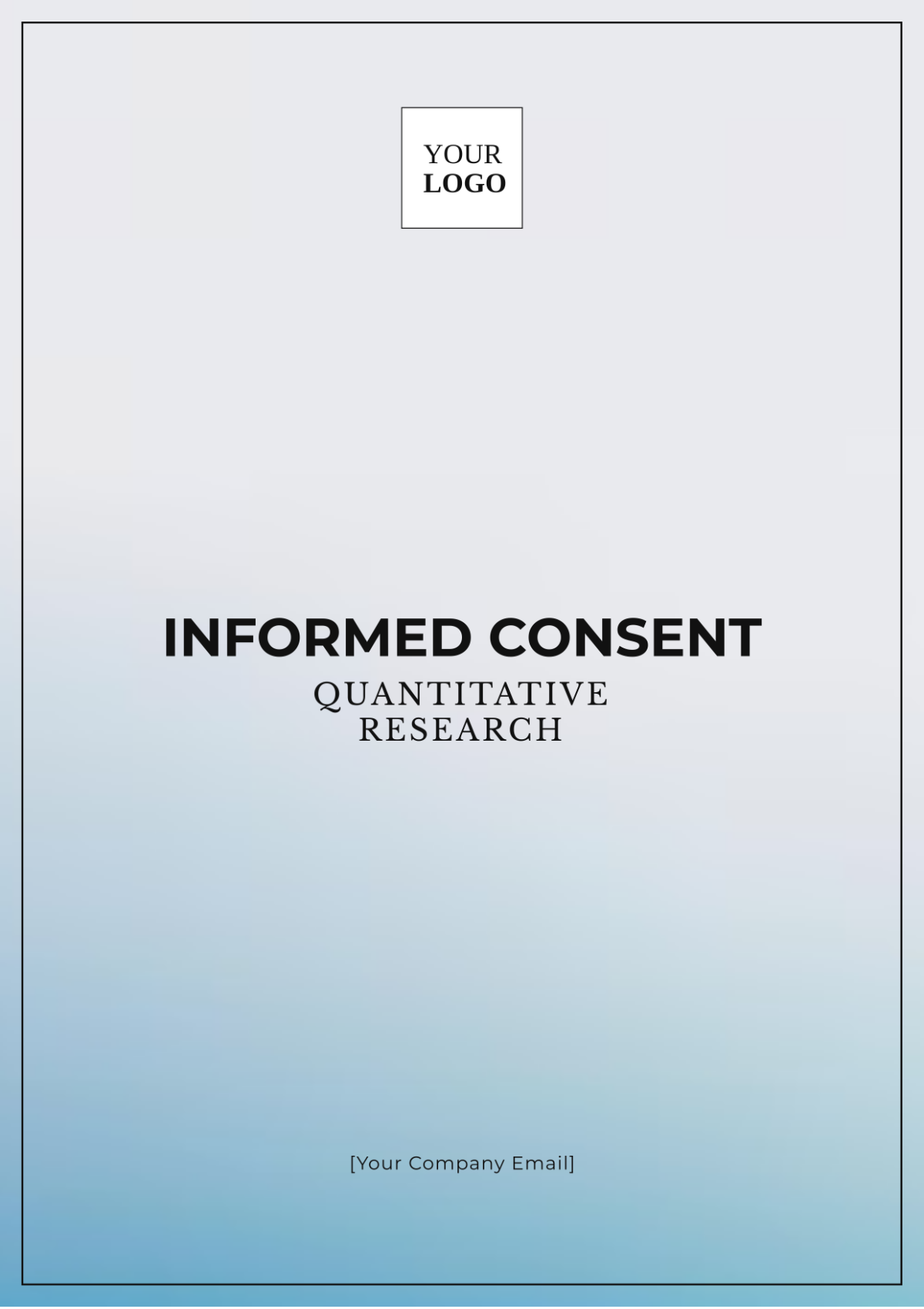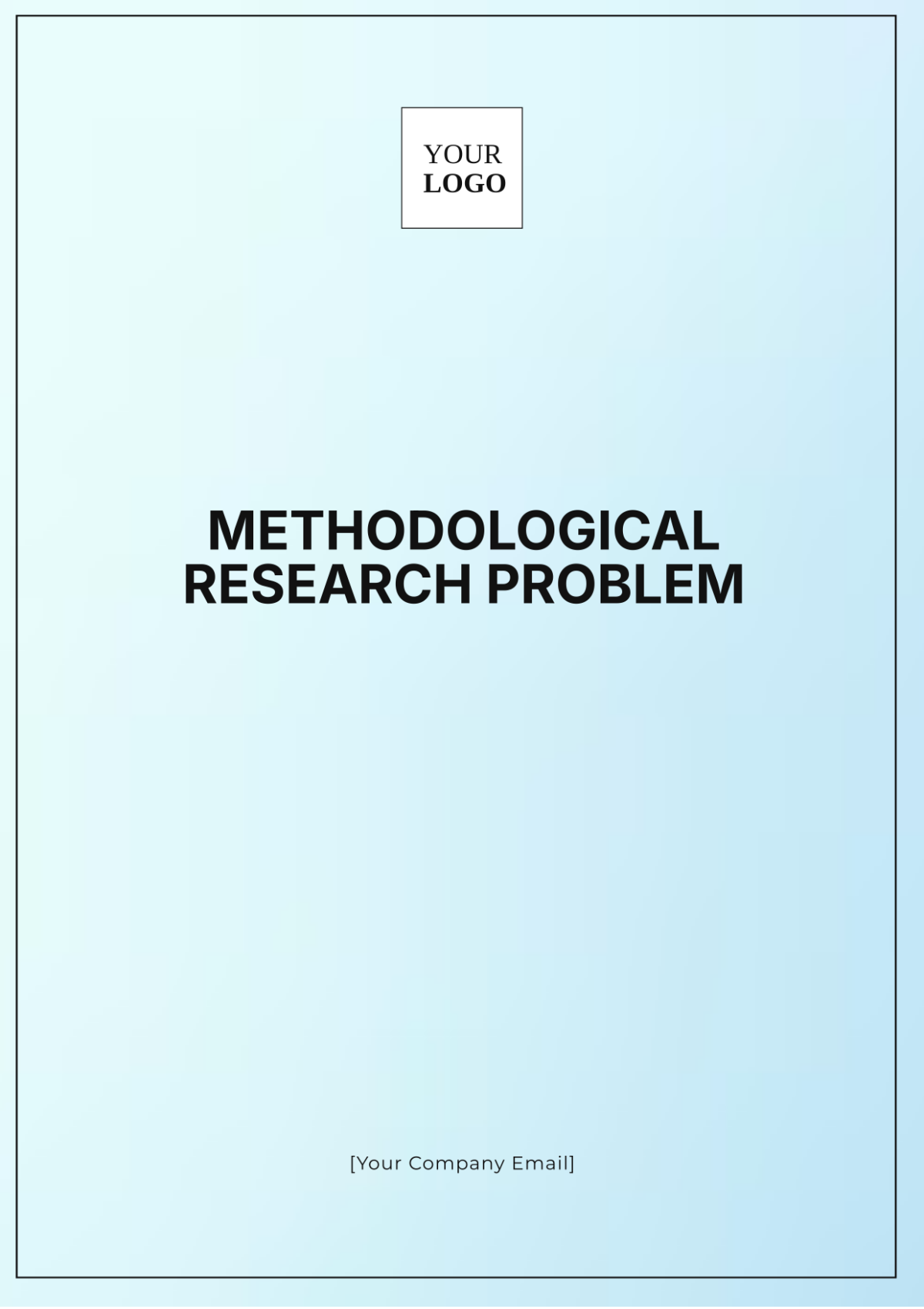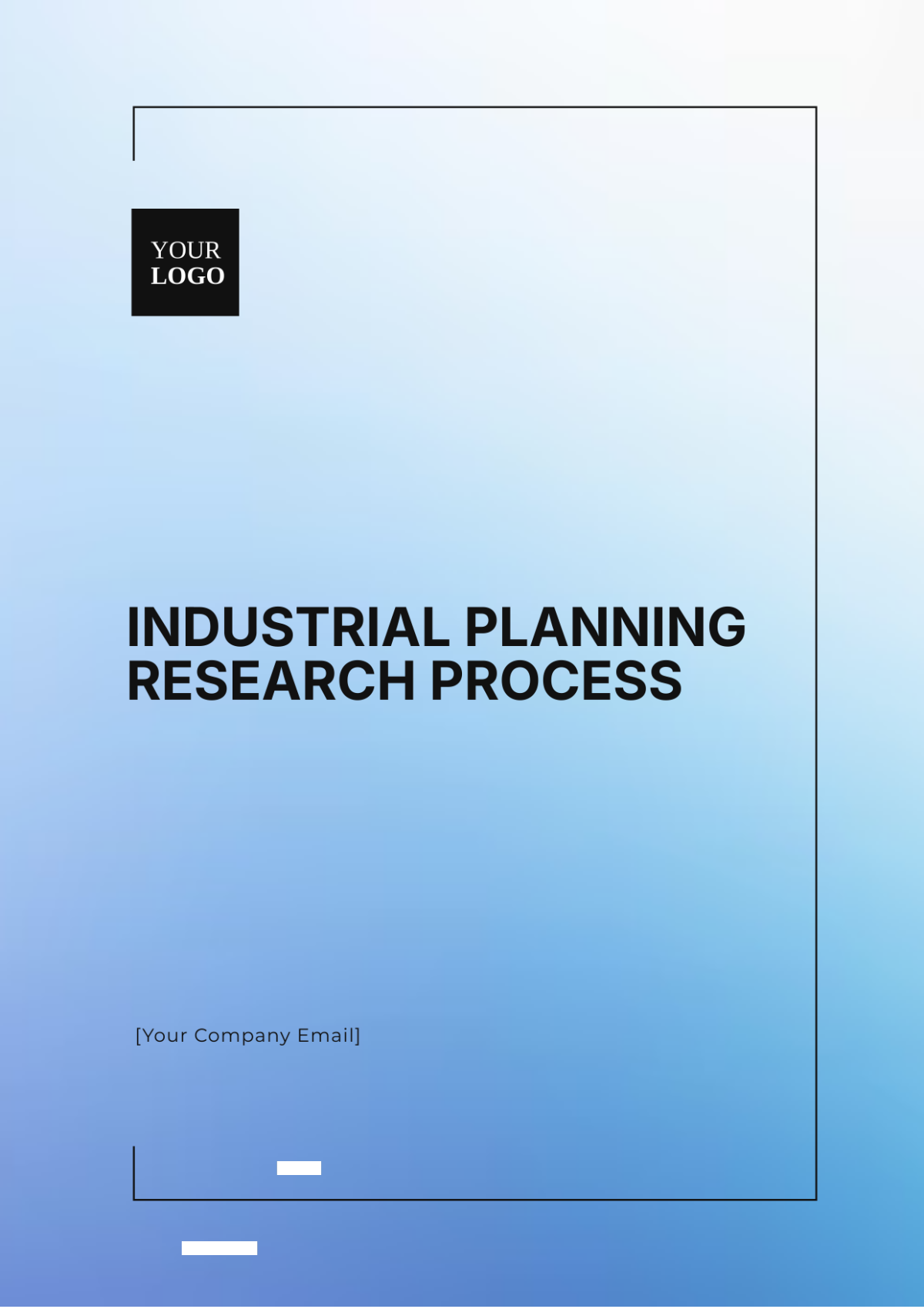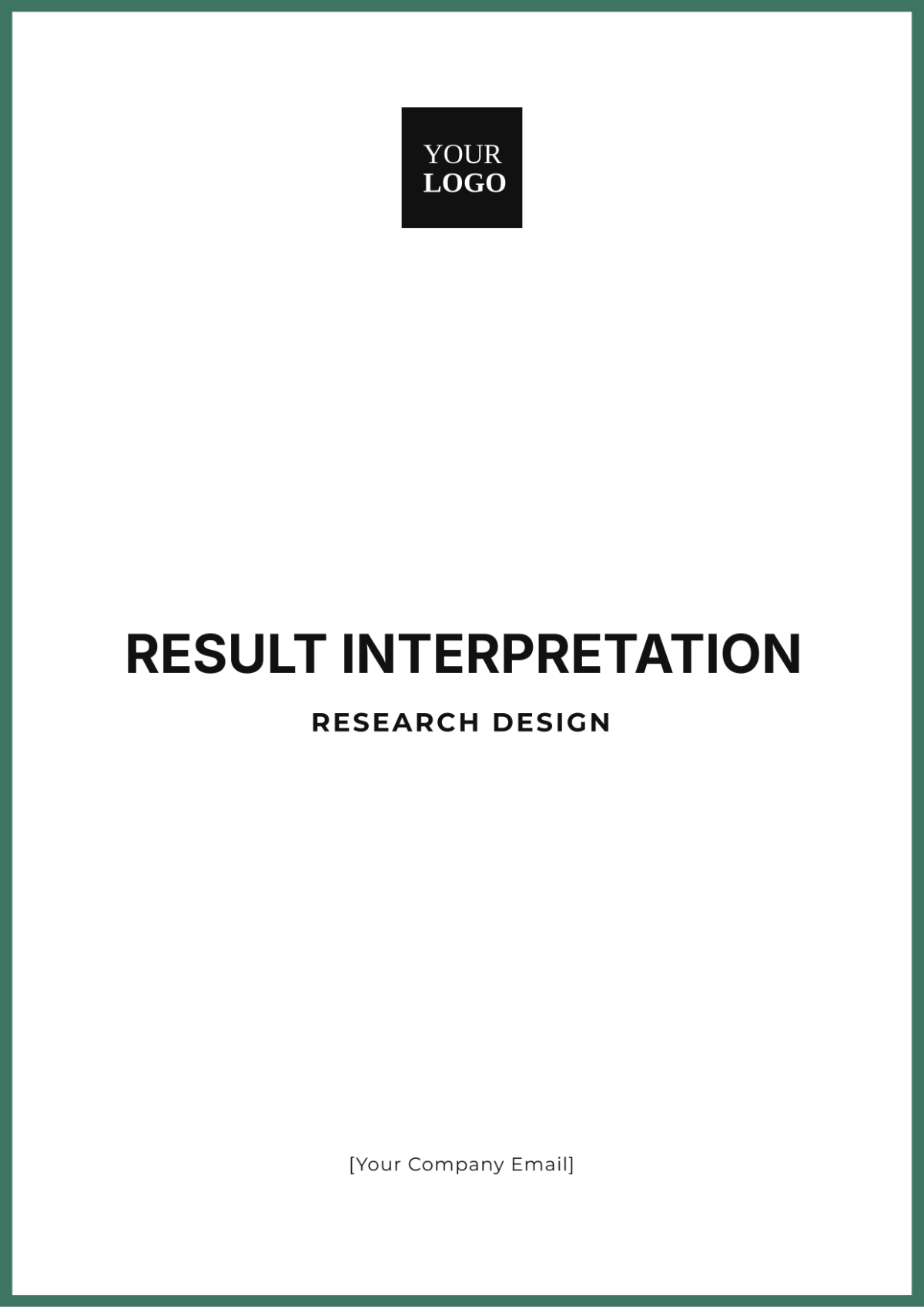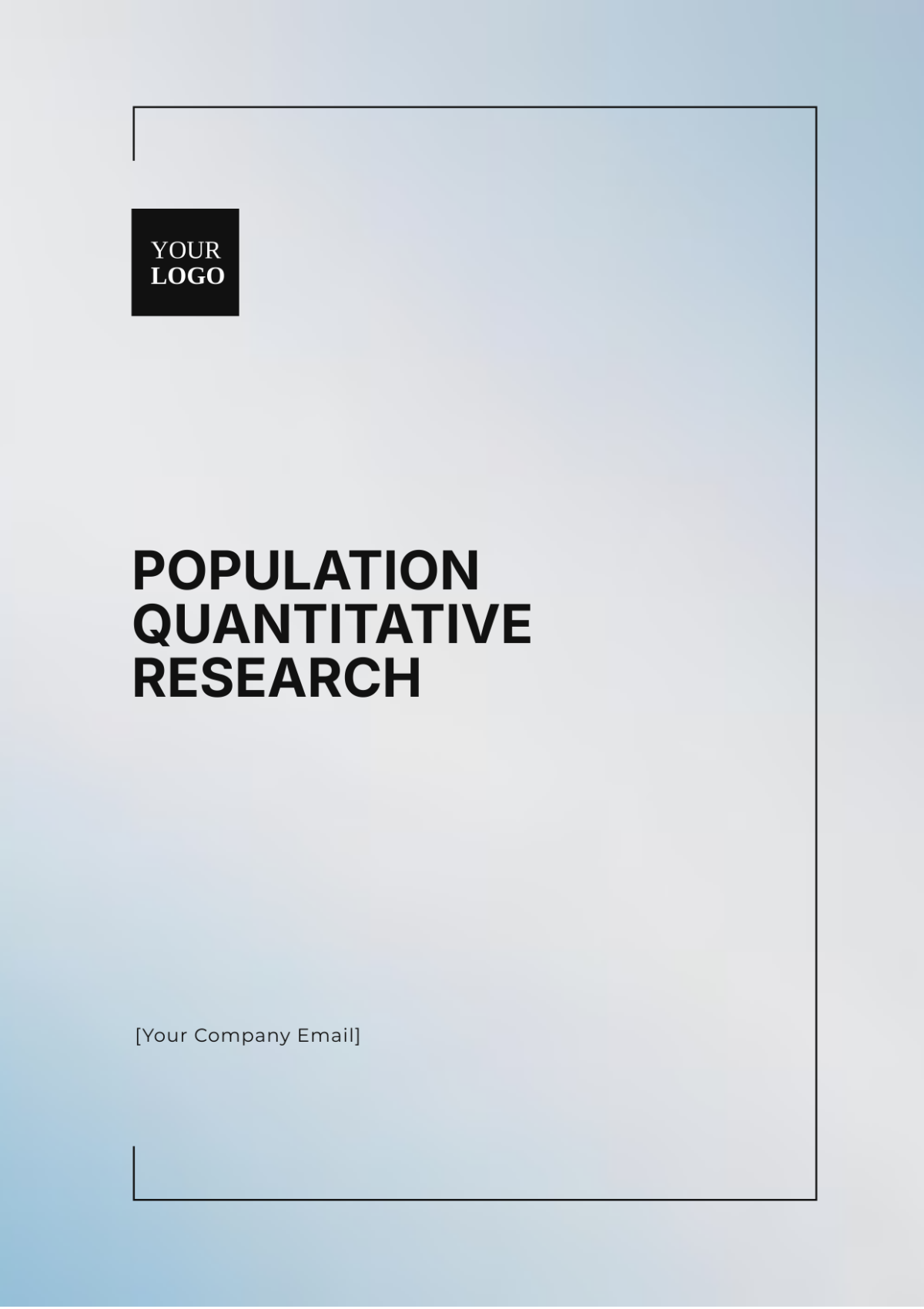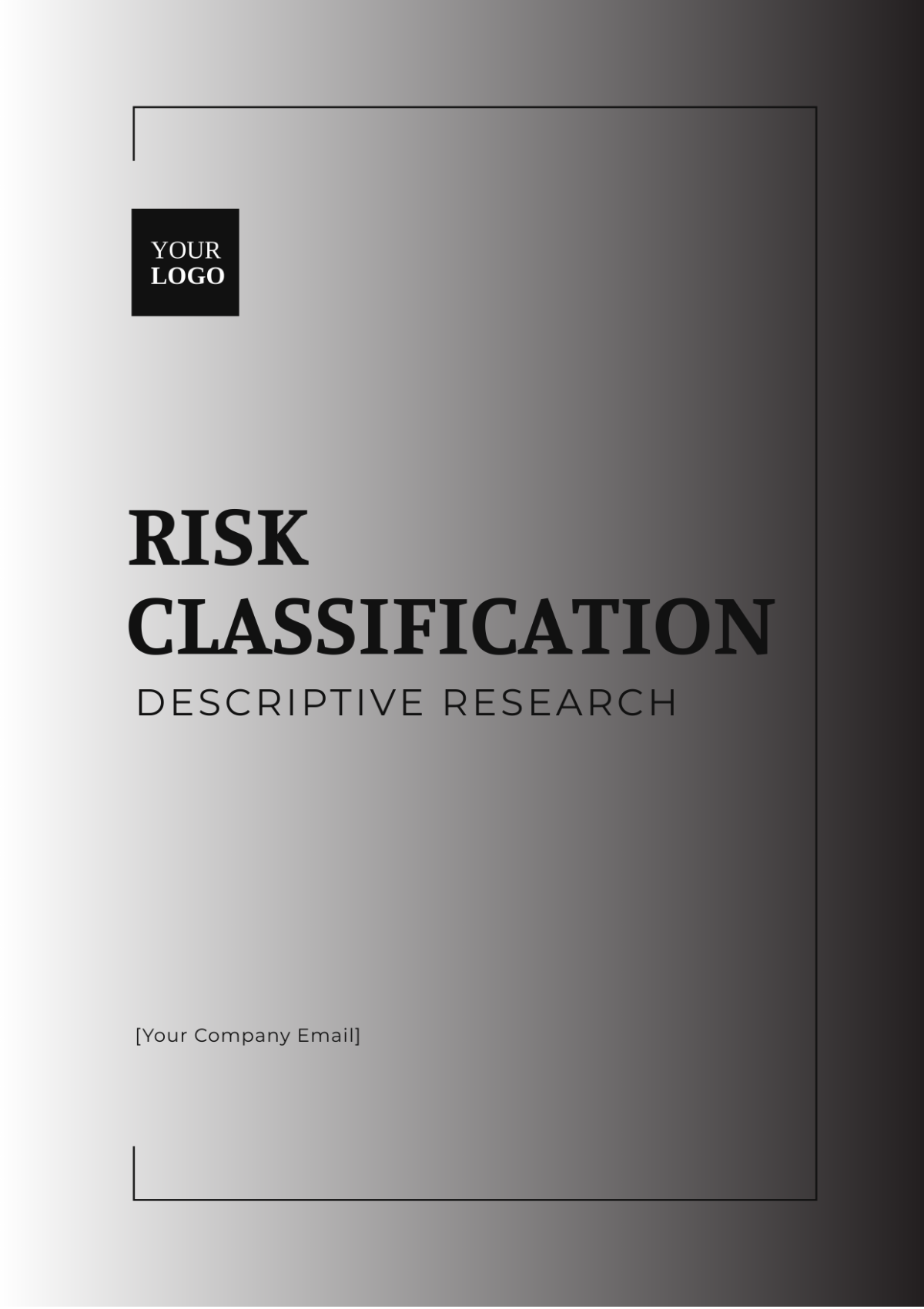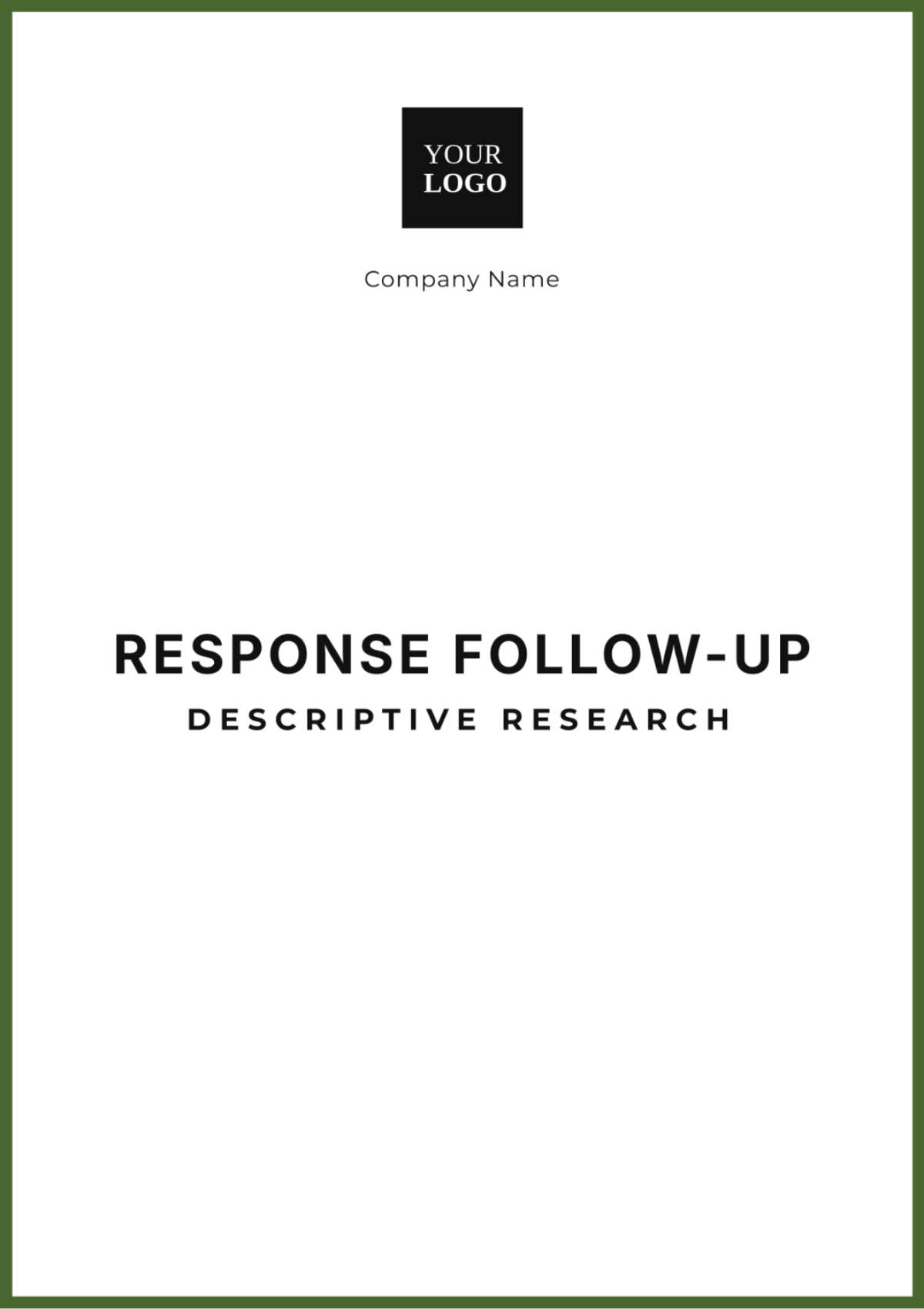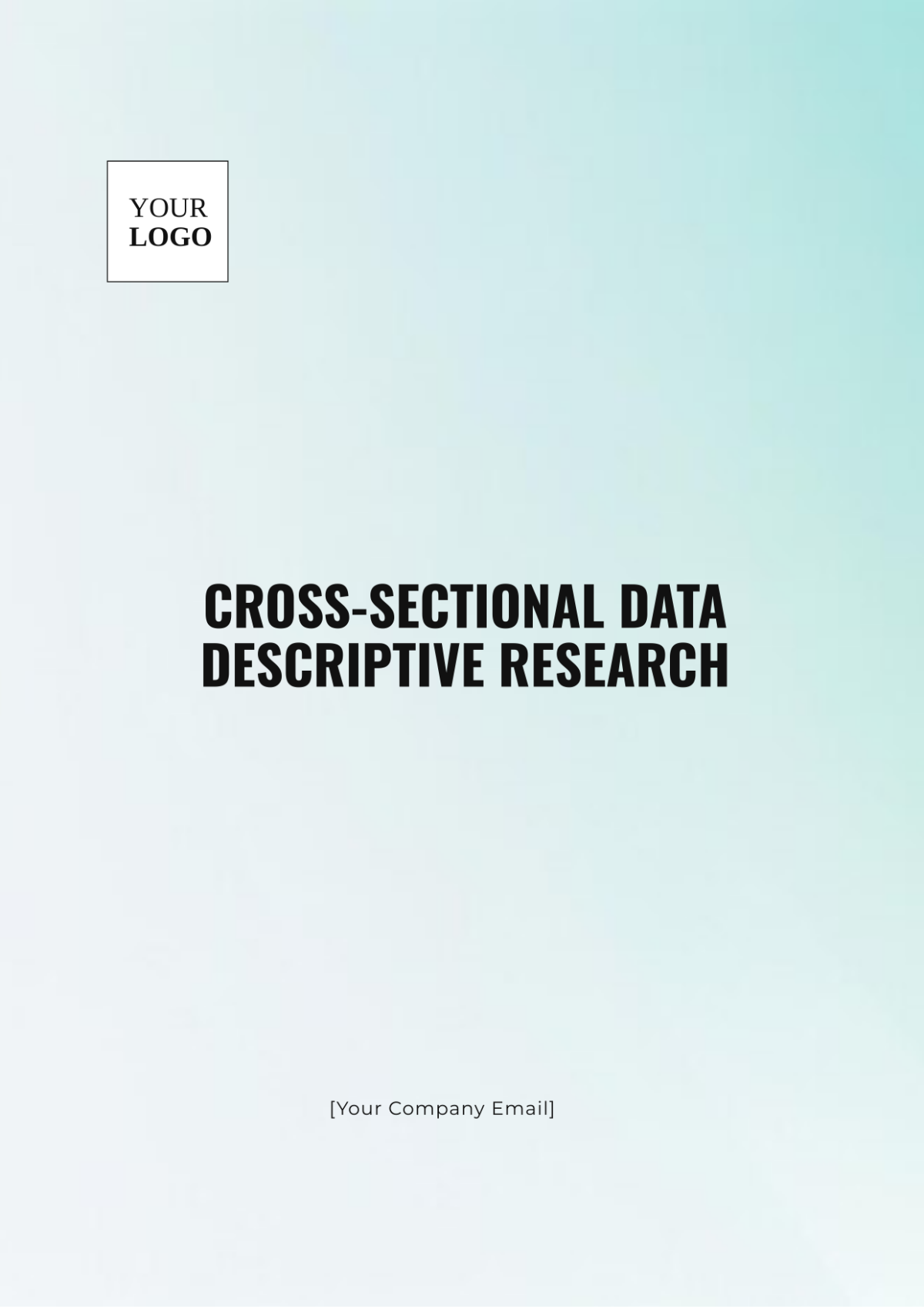Free Methodological Research Problem Template
Methodological Research Problem
Prepared By: [Your Name]
Organization Name: [Your Company Name]
1. Introduction
In the realm of academic and scientific research, the integrity of findings hinges on the robustness of the methodologies employed. Methodological research problems, therefore, pose a substantial threat to the credibility of research outputs. This research aims to explore the multifaceted nature of these problems and propose viable solutions to mitigate them.
2. Research Design Challenges
The research design is the blueprint of any study. Several challenges may arise in this phase:
Selection Bias: Inadequate randomization can lead to unrepresentative samples.
Confounding Variables: Failure to control for extraneous variables may skew results.
Sample Size: Small samples may lead to insufficient power and unreliable conclusions.
3. Data Collection Issues
Data collection is a critical stage that can be fraught with issues:
Instrument Validity: Ensuring that the tools used accurately measure what they intend to.
Response Bias: Participant misunderstandings or dishonesty can affect data integrity.
Missing Data: Incomplete data sets can complicate analysis and skew results.
4. Analysis Techniques Problems
Data analysis is another area where methodological problems can emerge:
Statistical Software: The choice of software can influence the outcomes.
Model Specification: Incorrect models can lead to erroneous interpretations.
Overfitting: Complex models may fit the data too closely, hampering generalizability.
5. Theoretical Approaches
The theoretical framework underpinning a study can present obstacles:
Paradigm Conflicts: Differing theoretical approaches may not be easily reconcilable.
Theory-Practice Gap: Challenges in applying theoretical models to practical scenarios.
Assumptions: Unverified assumptions can weaken the entire research framework.
6. Mitigating Methodological Research Problems
Several strategies can be employed to address these methodological challenges:
Methodological Area | Potential Solutions |
|---|---|
Research Design | Enhanced randomization, employing larger sample sizes, and controlling for confounding variables. |
Data Collection | Validating instruments, rigorous training for data collectors, and strategies for handling missing data. |
Analysis Techniques | Choosing appropriate software, validating statistical models, and avoiding overfitting. |
Theoretical Approaches | Clear articulation of theoretical paradigms, bridging theory-practice gaps, critically examining assumptions. |
7. Conclusion
Addressing methodological research problems is crucial for the advancement of credible and reliable academic work. By acknowledging and tackling these challenges—whether in design, data collection, analysis, or theoretical frameworks—researchers can ensure a higher degree of validity and reliability in their findings, significantly contributing to the body of knowledge in their respective fields.
8. References
American Psychological Association. (2060). Publication manual of the American Psychological Association (7th ed.).
Creswell, J. W. (2055). Research Design: Qualitative, Quantitative, and Mixed Methods Approaches (4th ed.). Sage Publications.
Tashakkori, A., & Teddlie, C. (2054). Sage Handbook of Mixed Methods in Social & Behavioral Research. Sage Publications.





